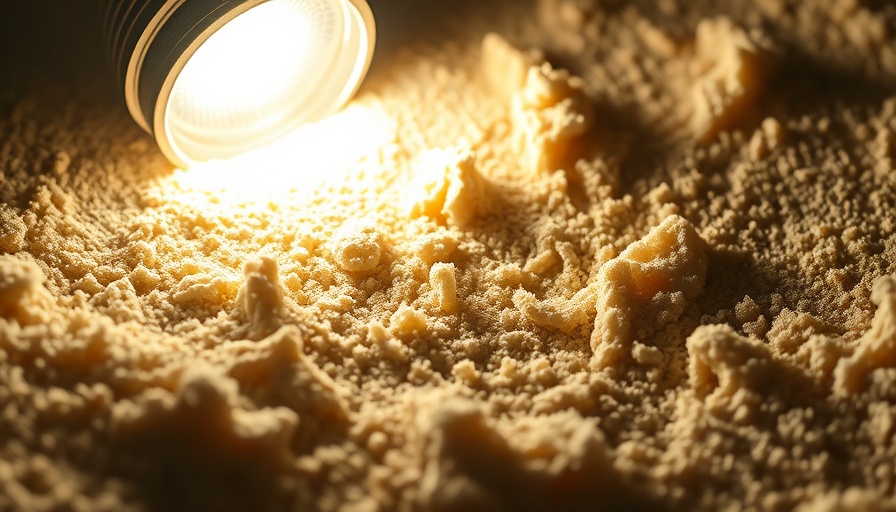
The Essential Factors Driving Attic Insulation Costs
When homeowners consider upgrading their attic insulation, many factors come into play that can significantly influence the total cost of the project. Understanding these elements is crucial for ensuring a successful and budget-friendly insulation job.
The Impact of Insulation Type on Costs
Choosing the right type of insulation is one of the most crucial steps. Each type comes with its own price point. For instance, while spray foam insulation provides excellent air sealing benefits, it's among the most expensive options, costing between $2 to $7 per square foot. In contrast, fiberglass insulation, which is commonly used, can be much more affordable at around $1 to $2 per square foot. Homeowners should also consider sustainable options like cellulose insulation, which is made from recycled materials and generally costs between $1 to $2.50 per square foot. These choices not only affect immediate costs but can also impact long-term energy savings, making the investment worthwhile.
Understanding the Role of Attic Conditions
The condition of your attic plays a significant role in the project’s costs. For example, if there is existing vermiculite insulation, it’s essential to have it tested for asbestos before any work begins. If asbestos is present, removal requires hiring a professional, leading to increased costs. Additionally, addressing rodent damage or moisture issues from ice dams can contribute to higher expenses. Cleaning up damaged insulation, sealing entry points, and improving attic ventilation are necessary steps to ensure effective insulation, but they also add to the overall cost.
Long-Term Savings and Benefits
Despite the initial investment, understanding the long-term benefits of proper attic insulation can help justify the costs. A well-insulated attic can lead to substantial energy savings, reducing utility bills by 10% to 50%. Moreover, homeowners often see a return on investment within five years due to these savings. Additionally, energy-efficient homes generally have higher resale values, making insulation an investment in your property’s future.
Making Informed Decisions About Installation
Homeowners face a choice between tackling insulation upgrades as a DIY project or hiring professionals. While DIY can save money upfront, professional installation ensures compliance with building codes and offers guarantees on work performed. Ultimately, opting for quality installation can lead to better energy efficiency returns in the long run.
Wrap-Up: Why Investing in Insulation Matters
In summary, upgrading your attic insulation is not just about comfort—it's about energy efficiency and protecting your investment. Understanding factors like insulation type, attic condition, and professional versus DIY approaches can help homeowners make informed decisions. Investing wisely will not only enhance the comfort of your home but can also save money in the long run.
Are you ready to transform your home and enhance its energy efficiency? Schedule an inspection with Lindus Construction today and tackle those insulation issues head-on!
 Add Row
Add Row  Add
Add 




Write A Comment